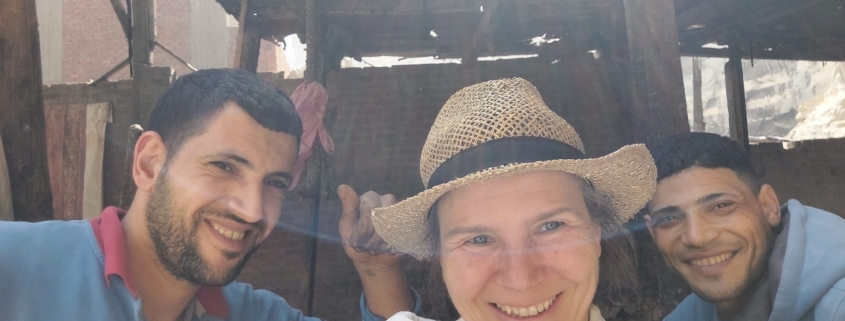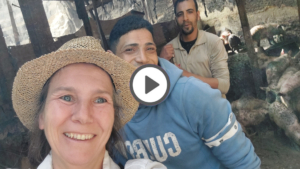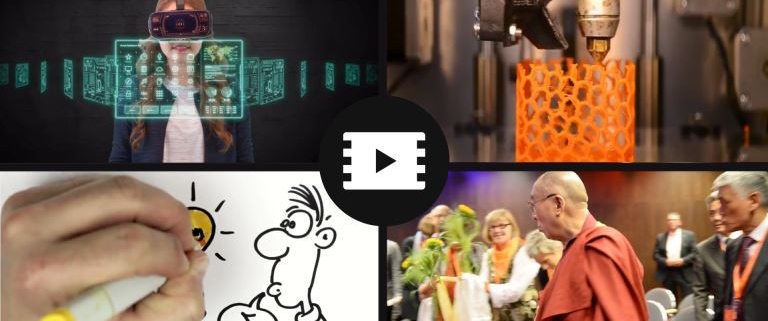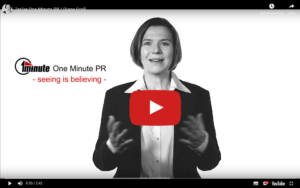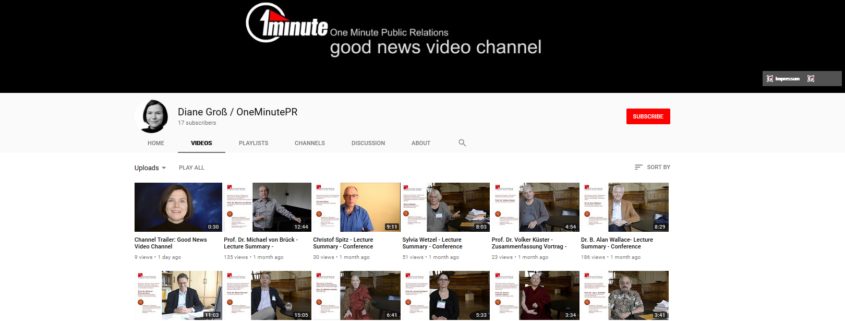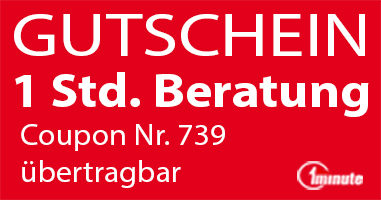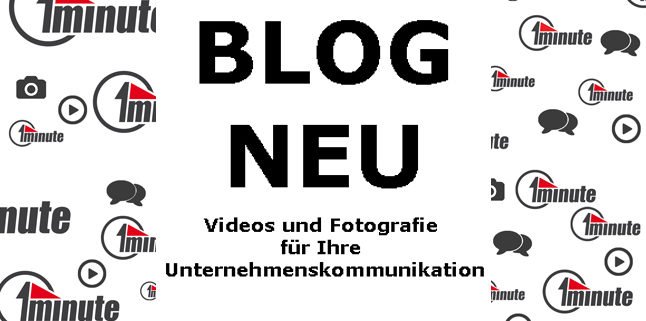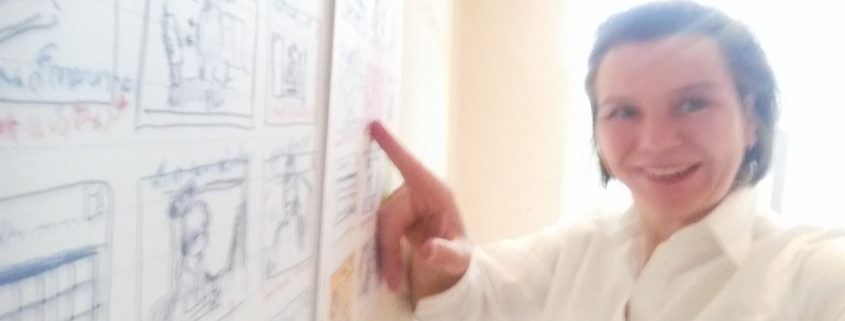Neu auf meinem Kanal „Good News“: Interessante Interviews mit Referenten einer internationalen Buddhismus-Konferenz der Uni Hamburg
Vor Kurzem habe ich Vortragende einer internationalen und interdisziplinären Konferenz der Universität Hamburg „Buddhism in Dialogue with Contemporary Societies“ interviewt: Prof. Michael von Brück, Dr. Alan Wallace, Sylvia Wetzel, Ven. Dr. Bhikkhu Bodhi u.v.a.
H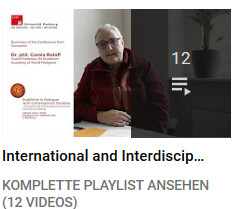 ier direkt zur Playlist auf meinem YouTube Kanal und zum weiterführenden Link zur Video-Aufzeichnung der gesamten Konferenz (in Englisch):
ier direkt zur Playlist auf meinem YouTube Kanal und zum weiterführenden Link zur Video-Aufzeichnung der gesamten Konferenz (in Englisch):
Untertitel und Sprache
Die automatische Übersetzungsfunktion von YouTube ist mittlerweile ganz gut. Falls ihr Untertitel haben wollt, dann schaut euch den Anleitungstext (unter Reiter: „Untertitelsprache auswählen“) an. Ist ganz einfach.
Introduction from Conference Catalogue:
Dear colleagues, dear students, dear guests, The ongoing encounter between Buddhism and contemporary Western societies has already left a lasting mark on both parties, as happens in any open dialogue. Arriving in the “West”, Buddhism has been confronted with the values of European enlightenment and human rights, articulated within the paradigms of Judeo-Christian culture. Buddhism has often been described as a kind of philosophy and lifestyle. Buddhist voices have joined discussions of secular values, Buddhist-inspired mindfulness practices are penetrating therapeutic fields, while Buddhist communities have gained followers attracted to what they see as a more rational and “less religious” religion. Yet Buddhism clearly comprises an immensely diverse system of beliefs and practices that are themselves in the process of vast internal changes inresponse to new social realities. To explore these dialogical processes, this International and Interdisciplinary Conference “Buddhism in Dialogue with Contemporary Societies” brings together 20 scholars of Buddhism and senior Buddhist teachers from the three mainstream traditions of Buddhism, i.e. Theravāda, East Asian (including Zen), and Tibetan Buddhism. They will address such questions as:
• What can Buddhist thought and practice contribute to today’s world?
• How, and how much, can or should Buddhism adapt in order to make those contributions in new contexts?
• What, if any, must be considered to be core teachings or practices that cannot be subject to revision or adaptation?
• What strategies have Buddhist communities developed to protect core teachingswhile responding to rapidly changing technological, social, and material conditions?
To ensure a successful academic outcome of the conference, the first two and a half days will be dedicated mainly to listening to the presentations on five panels followed by an intensive exchange with the speakers, respondents, and faculty. In the afternoon of the third day, preliminary results will be summarized and discussed with the interested expert audience (among them practising Buddhists and teachers of Buddhism) as well as university students. Language: English; German translation if required.
We look forward to welcoming you
Prof. Dr. Wolfram Weiße Akademie der Weltreligionen
Dr. Carola Roloff Convenor Prof.
Dr. Michael Zimmermann Numata Center for Buddhist Studies

